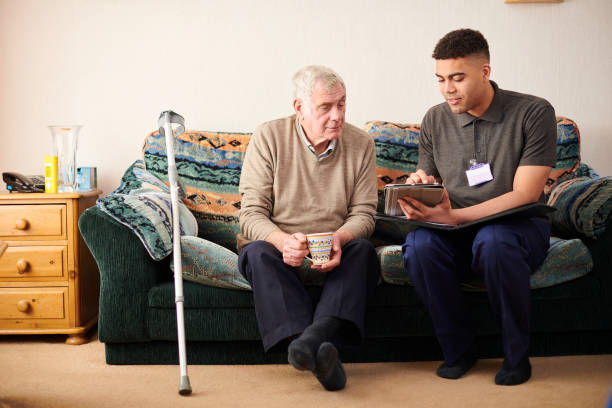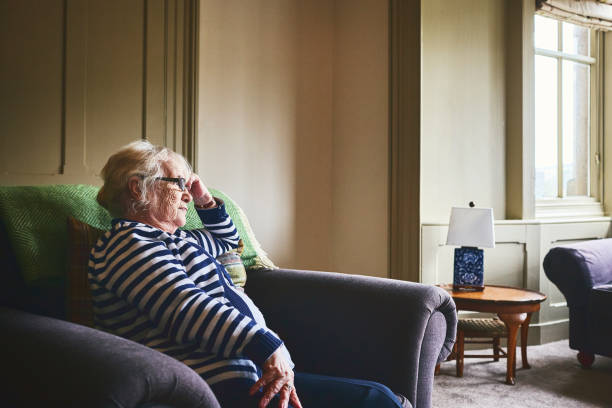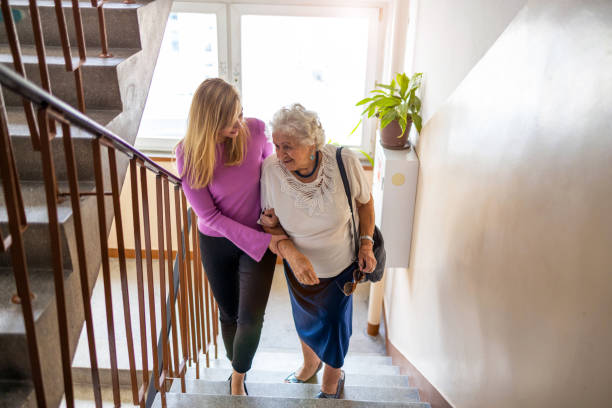The Age Issues of Home Care: Supporting Aging Populations with Dignity and Care
As the global population continues to age, home care plays a crucial role in providing support and assistance to older adults who wish to age in the comfort and familiarity of their own homes. However, the field of home care is not without its age-related challenges. This blog post explores the age issues surrounding home care, emphasizing the importance of addressing these challenges to ensure the well-being and dignity of older adults.
Ageism and Stereotypes:

Ageism, the prejudice and discrimination based on a person’s age, is a prevalent issue in society that affects various aspects of life, including home care. Older adults often face stereotypes that diminish their capabilities and overlook their individual needs. Overcoming ageist attitudes is vital to ensure that older adults receive the respect, dignity, and personalized care they deserve.
Caregiver Training and Competency:

Home care providers must possess the knowledge and skills necessary to meet the unique needs of older adults. Adequate training is essential to address age-related health conditions, mobility issues, medication management, and psychological well-being. Ensuring that home care professionals receive comprehensive geriatric training and ongoing education is crucial for delivering quality care that caters to the specific requirements of older adults.
Loneliness and Social Isolation:

Loneliness and social isolation are significant challenges faced by many older adults, particularly those who live alone. Home care can help mitigate these issues by providing companionship and social interaction. Home care providers should be trained to recognize the importance of emotional support and create opportunities for social engagement, ultimately enhancing the overall well-being of older adults.
Multidimensional Care Needs:

The aging process often brings a range of complex care needs, including physical, cognitive, emotional, and social aspects. Home care should take a holistic approach, addressing these multidimensional needs to support older adults in maintaining their independence and quality of life. It is important for home care providers to collaborate with healthcare professionals, geriatric specialists, and other relevant stakeholders to ensure comprehensive and integrated care for older adults.
End-of-Life Care:
Home care also plays a critical role in supporting older adults during their end-of-life journey. Ensuring that older adults receive compassionate palliative and hospice care at home requires specialized training for caregivers. It is crucial to prioritize dignity, respect, and open communication, and to provide emotional support not only to the older adult but also to their families during this challenging time.
Conclusion:
Addressing the age-related issues in home care is essential to support the growing population of older adults with dignity, respect, and comprehensive care. Overcoming ageism and stereotypes, providing adequate training for caregivers, tackling loneliness and social isolation, addressing multidimensional care needs, and offering compassionate end-of-life care are crucial steps toward ensuring that older adults receive the highest standard of home care. By recognizing and addressing these age-related challenges, we can create an environment that promotes the well-being, independence, and quality of life for older adults who choose to age gracefully in their own homes.
